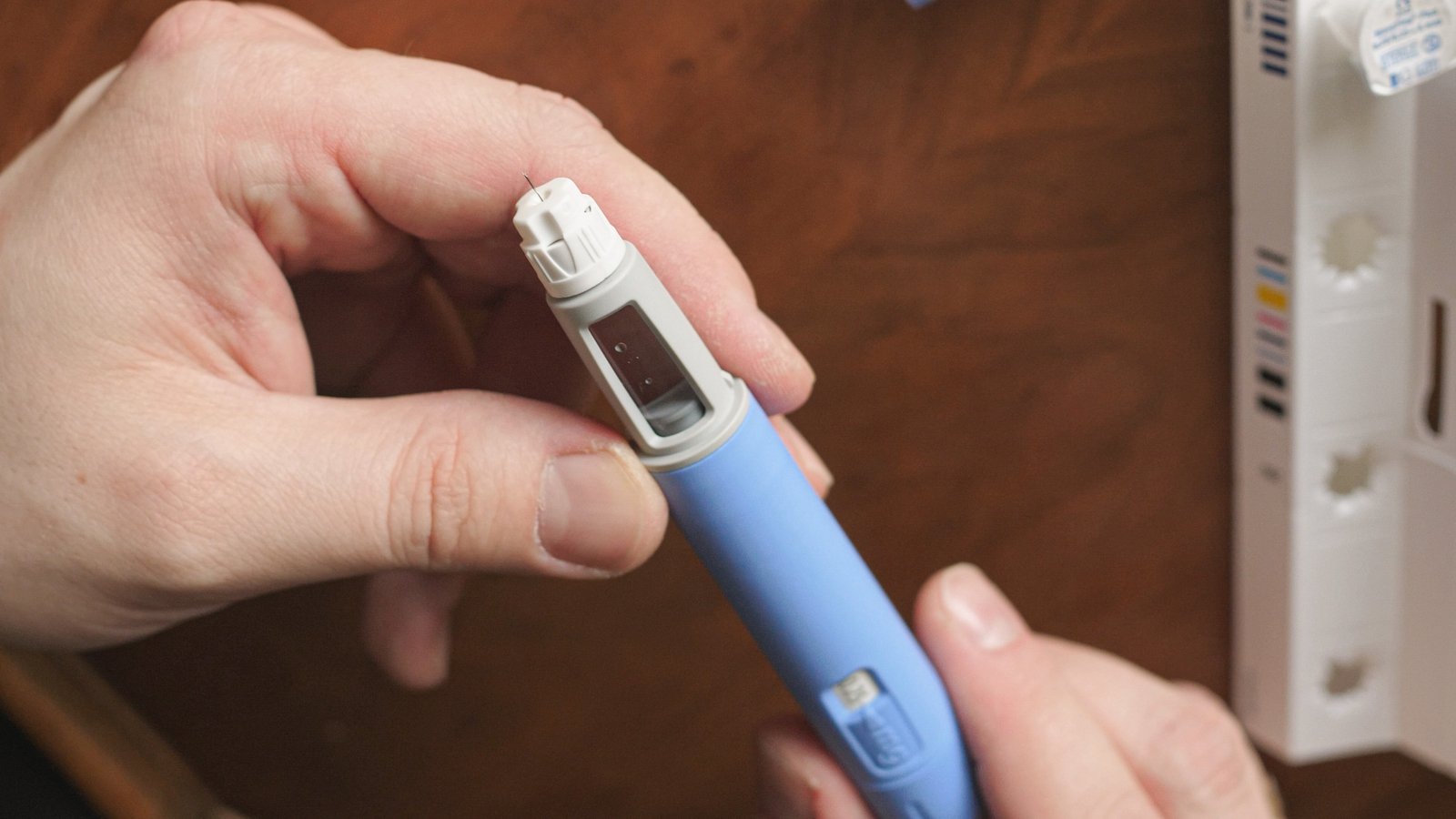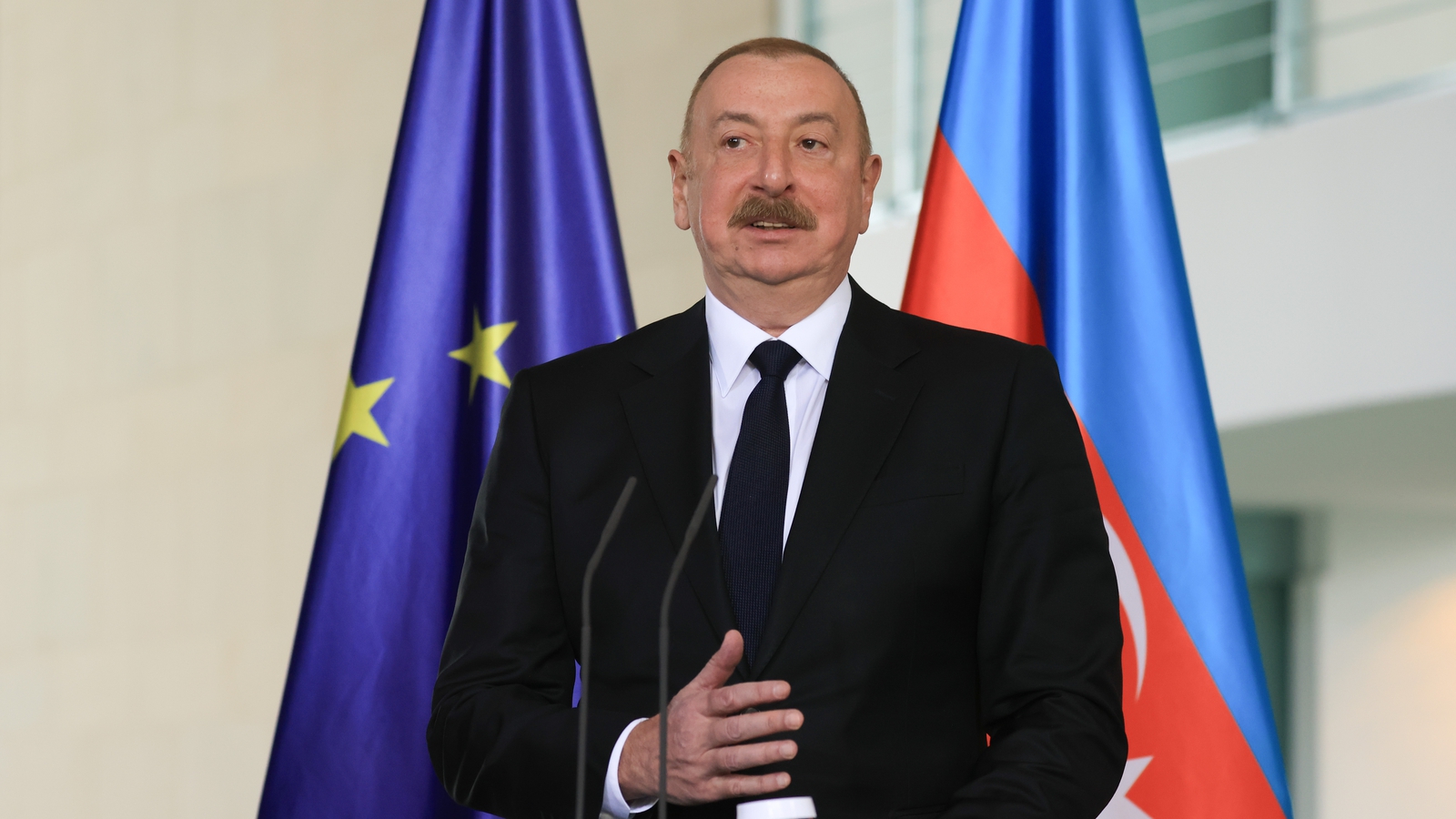WHO issues global alert for fake versions of Ozempic

The World Health Organization has issued a global alert for fake versions of Ozempic due to the potentially life-threatening consequences of the fake weight-loss injections that have entered the supply chain.
The active ingredient – Semaglutide – is sold under the brand name, Ozempic, as an anti-diabetic medication used for the treatment of type 2 diabetes.
Semaglutide is also sold under the brand name, Wegovy, as an anti-obesity medication used for long-term weight management.
WHO spokesperson Dr Margaret Harris said reports were received from Brazil, the UK including Northern Ireland, and the US indicating “falsified products” had entered the supply chain.
Speaking on Today with Claire Byrne, Dr Harris said there are several problems with fake medication as users will not get the response that they should and their illness will not be managed appropriately.
She said that “unscrupulous people may be using harmful substances” to manufacture the medication in “backyard setups”.
Dr Harris said that as a result of such a process that “all sorts of things enter” the product such as “something that could actually kill you”.
She said this should not happen if the medication is prescribed by a licensed physician and dispensed by a pharmacy, and the problem arises where people acquire it online or “over the counter in some countries”.
Dr Harris said the fact that the drug may contain insulin is what made the WHO “very concerned”.

Not every country has a “very tight doctor-pharmacy referral system,” she said.
She said the WHO’s advice is to look at the outer packaging of the medication and cross-check the date stamps are the same as on the inner packaging.
She added that if an individual receives a batch that does not look the same as a previous batch or “has things that make you concerned”, then the medication should be returned to a doctor or pharmacist.
Dr Harris said it is not that things available on the internet are necessarily “illegitimate,” rather they are “less regulated” and having your obesity managed by your physician “is the way to go”.
She said the consumer is not necessarily to blame, as the drug is “pushed by those who see it as advantageous to their bottom line”.
“People are encouraged to think that there is a miracle answer to the myriad problems that obesity brings – but it’s not as simple as just one drug,” she said.
Dr Harris said one of the main reasons for the WHO’s global alert is for the regulatory authorities “to go and look at what’s going on in their jurisdiction and ensure that it’s safe”.





